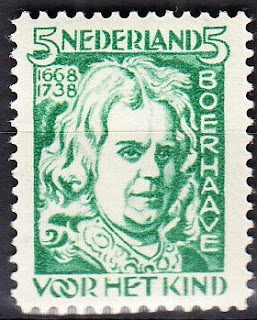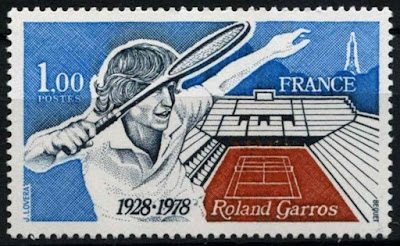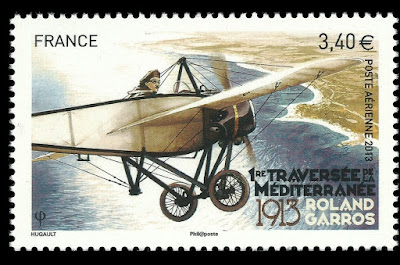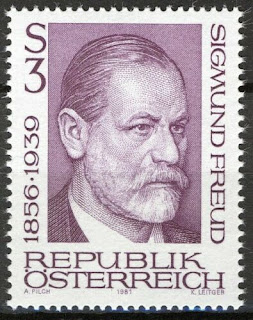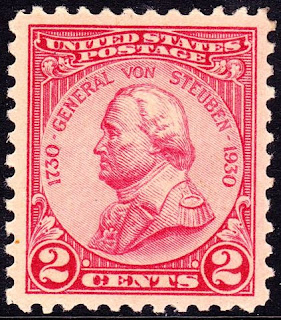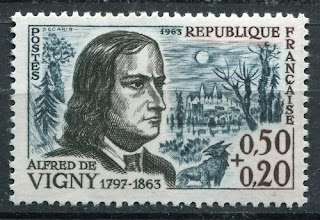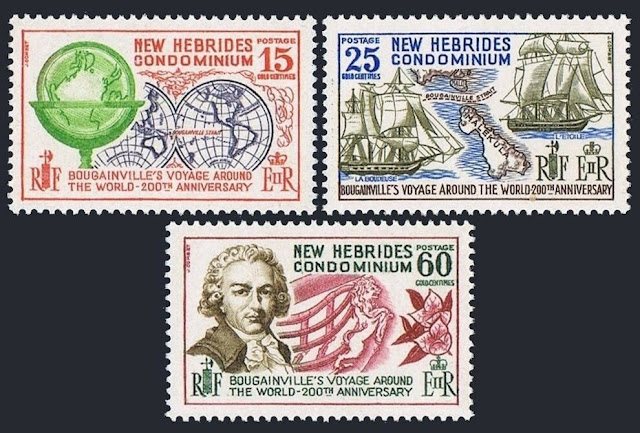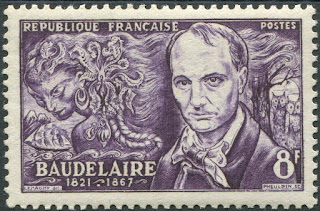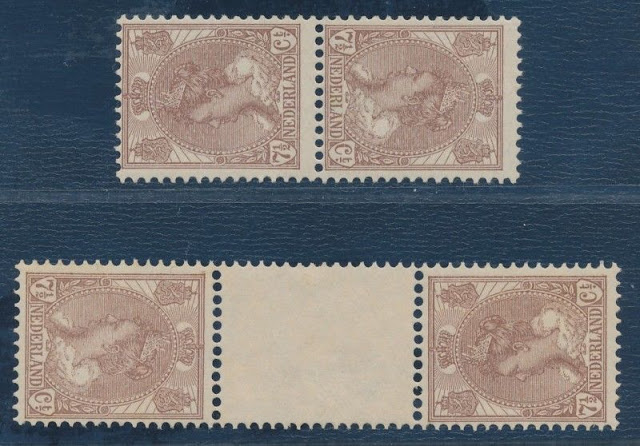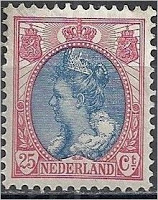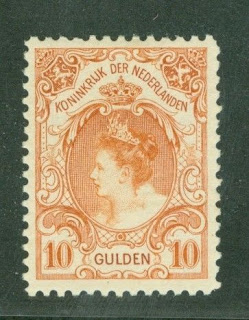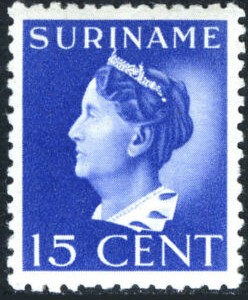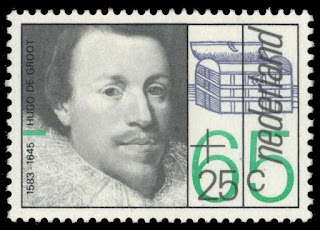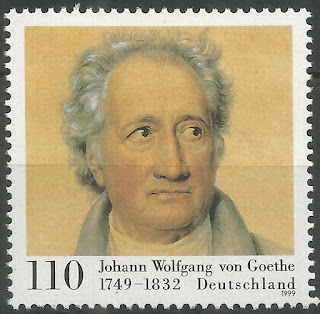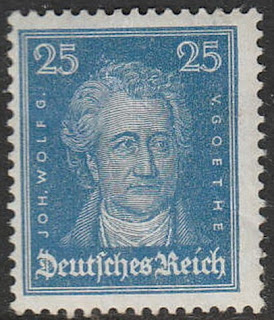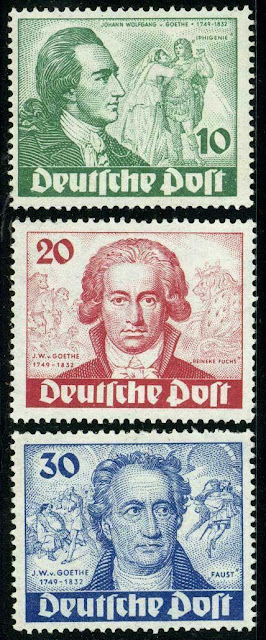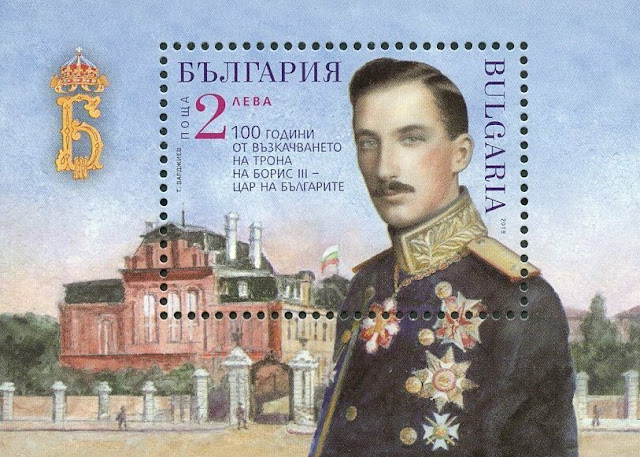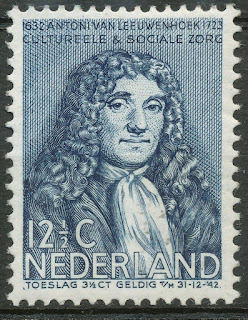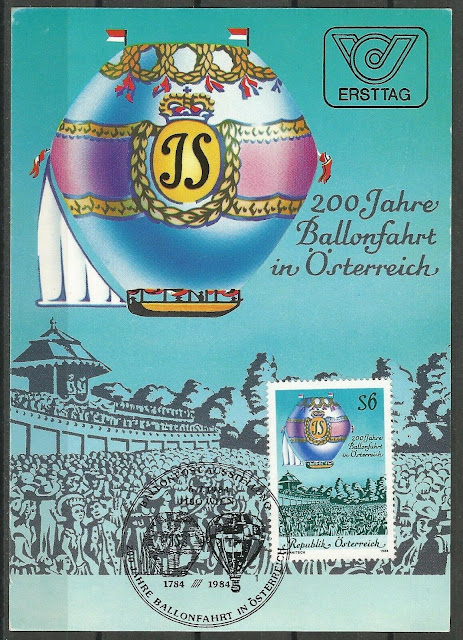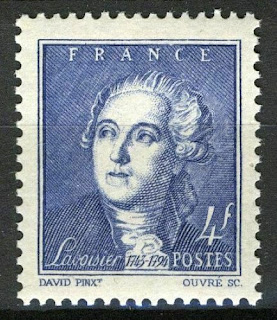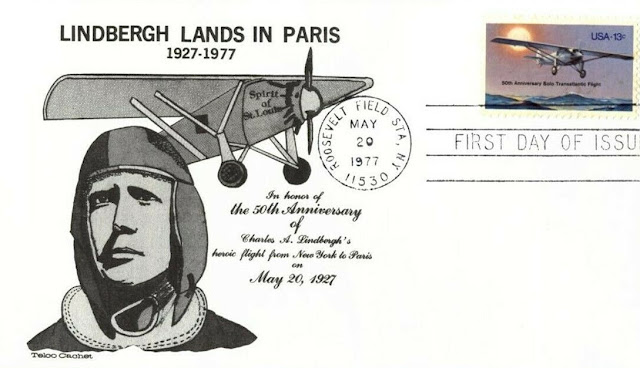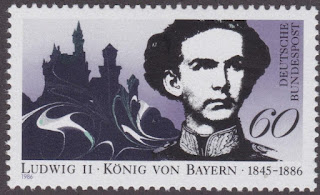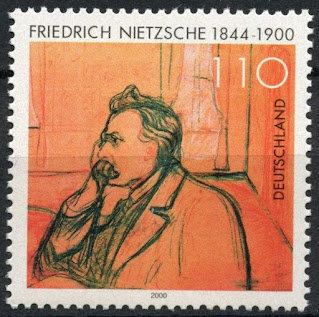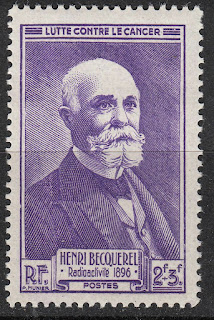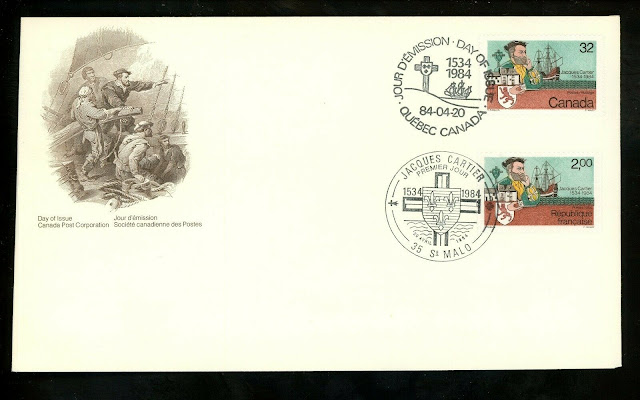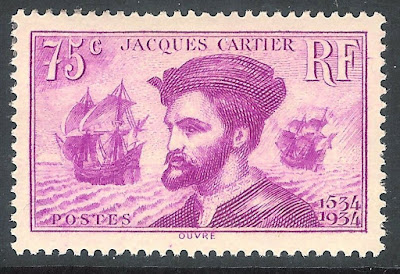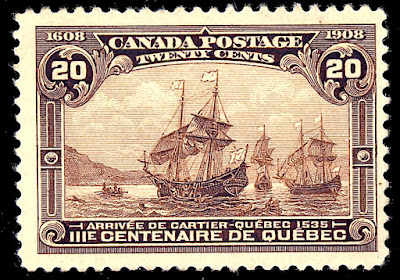Here are some events that happened on September 17th. It could be an event or a person that died or was born on that day
1730 Born: Friedrich Wilhelm von Steuben, Prussian-American general (d. 1794)
Friedrich Wilhelm August Heinrich Ferdinand von Steuben (born Friedrich Wilhelm Ludolf Gerhard Augustin von Steuben; September 17, 1730 – November 28, 1794), also referred to as Baron von Steuben, was a Prussian and later an American military officer. He served as Inspector General and a Major General of the Continental Army during the American Revolutionary War. He was one of the fathers of the Continental Army in teaching them the essentials of military drills, tactics, and discipline. He wrote Regulations for the Order and Discipline of the Troops of the United States, the book that served as the Army's drill manual for decades. He served as General George Washington's chief of staff in the final years of the war.
Generally, Von Steuben Day takes place in September in many cities throughout the United States. It is often considered the German-American event of the year. Participants march, dance, wear German costumes and play German music, and the event is attended by millions of people. The German-American Steuben Parade is held annually in September in New York City. It is one of the largest parades in the city and is traditionally followed by an Oktoberfest in Central Park as well as celebrations in Yorkville, Manhattan, a historically German section of New York City. The German-American Steuben Parade has been taking place since 1958. Chicago also hosts a von Steuben Day parade, which is featured in the U.S. film Ferris Bueller's Day Off. Philadelphia hosts a smaller Steuben Parade in the Northeast section of the city.
Stamps from Germany, Berlin and the US depicting von Steuben
1743 Born: Marquis de Condorcet, French mathematician and political scientist (d. 1794)
Marie Jean Antoine Nicolas de Caritat, Marquis of Condorcet (17 September 1743 – 29 March 1794), known as Nicolas de Condorcet, was a French philosopher and mathematician. His ideas, including support for a liberal economy, free and equal public instruction, constitutional government, and equal rights for women and people of all races, have been said to embody the ideals of the Age of Enlightenment and Enlightenment rationalism. He died in prison after a period of flight from French Revolutionary authorities.
French stamp depicting Marquis de Condorcet
1849 – American abolitionist Harriet Tubman escapes from slavery.
Harriet Tubman (born Araminta Ross, c. March 1822 – March 10, 1913) was an American abolitionist and political activist. Born into slavery, Tubman escaped and subsequently made some 13 missions to rescue approximately 70 enslaved people, including family and friends, using the network of antislavery activists and safe houses known as the Underground Railroad. During the American Civil War, she served as an armed scout and spy for the Union Army. In her later years, Tubman was an activist in the movement for women's suffrage.
Born enslaved in Dorchester County, Maryland, Tubman was beaten and whipped by her various masters as a child. Early in life, she suffered a traumatic head wound when an irate overseer threw a heavy metal weight intending to hit another enslaved person, but hit her instead. The injury caused dizziness, pain, and spells of hypersomnia, which occurred throughout her life. After her injury, Tubman began experiencing strange visions and vivid dreams, which she ascribed to premonitions from God. These experiences, combined with her Methodist upbringing, led her to become devoutly religious.
In 1849, Tubman escaped to Philadelphia, only to return to Maryland to rescue her family soon after. Slowly, one group at a time, she brought relatives with her out of the state, and eventually guided dozens of other enslaved people to freedom. Traveling by night and in extreme secrecy, Tubman (or "Moses", as she was called) "never lost a passenger". After the Fugitive Slave Act of 1850 was passed, she helped guide fugitives farther north into British North America (Canada), and helped newly freed enslaved people to find work. Tubman met John Brown in 1858, and helped him plan and recruit supporters for his 1859 raid on Harpers Ferry.
When the Civil War began, Tubman worked for the Union Army, first as a cook and nurse, and then as an armed scout and spy. The first woman to lead an armed expedition in the war, she guided the raid at Combahee Ferry, which liberated more than 700 enslaved people. After the war, she retired to the family home on property she had purchased in 1859 in Auburn, New York, where she cared for her aging parents. She was active in the women's suffrage movement until illness overtook her, and she had to be admitted to a home for elderly African Americans that she had helped to establish years earlier. After her death in 1913, she became an icon of courage and freedom.
Stamps from the US and Liberia depicting Harriet Tubman
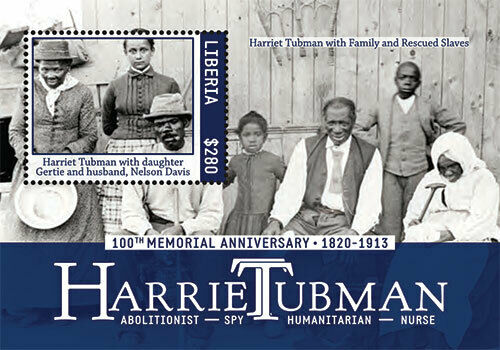


1863 Died: Alfred de Vigny, French author, poet, and playwright (b. 1797)
Alfred Victor, Comte de Vigny (27 March 1797 – 17 September 1863) was a French poet and early leader of French Romanticism. He also produced novels, plays, and translations of Shakespeare.
He settled in Paris with his young English bride Lydia Bunbury, whom he married in Pau in 1825. He collected his recent works in January 1826 in Poèmes antiques et modernes. Three months later he published the first important historical novel in French, Cinq-Mars, based on the life of Louis XIII's favorite Henri Coiffier de Ruzé, Marquis of Cinq-Mars, who conspired against the Cardinal de Richelieu. With the success of these two volumes, Vigny seemed to be the rising star of the Romantic movement, though one of Vigny's best friends, Victor Hugo, soon usurped that role. Vigny wrote of Hugo: "The Victor I loved is no more... now he likes to make saucy remarks and is turning into a liberal, which does not suit him." Unlike Hugo and Alphonse de Lamartine, who moved gradually to the center and then to the left during the 1830s, Vigny remained pliantly centrist in his politics: he accepted the July monarchy, at first welcomed and then rejected the Second French Republic, and then supported Napoleon III. Vigny later denounced members of his inner circle whom he suspected of republican sympathies to the imperial police.
Although Vigny gained success as a writer, his personal life was not happy. His marriage was a disappointment; his relationship with Marie Dorval was plagued by jealousy; and his literary talent was eclipsed by the achievements of others. He grew embittered. After the death of his mother in 1838 he inherited the property of Maine-Giraud, near Angoulême, where it was said that he had withdrawn to his 'ivory tower' (an expression Sainte-Beuve coined with reference to Vigny). There Vigny wrote some of his most famous poems, including La Mort du loup and La Maison du berger. Proust regarded La Maison du berger as the greatest French poem of the 19th century. In 1845, after several unsuccessful attempts to be elected, Vigny became a member of the Académie française.
In later years, Vigny ceased to publish. He continued to write, however, and his Journal is considered by modern scholars to be a great work in its own right, though it awaits a definitive scholarly edition. Vigny considered himself a thinker as well as a literary author; he was, for example, one of the first French writers to take a serious interest in Buddhism. His own philosophy of life was pessimistic and stoical, but celebrated human fraternity, the growth of knowledge, and mutual assistanc as high values. He was the first in literary history to use the word spleen in the sense of woe, grief, gall, descriptive of the condition of the soul of modern man. In his later years he spent much time preparing the posthumous collection of poems now known as Les Destinées, for which his intended title was Poèmes philosophiques. It concludes with Vigny's final message to the world, L'Esprit pur.
French stamps depicting Alfred de Vigny
